How to buy
Privacy | Do not sell or share my personal information | Cookie preferences | Report noncompliance | Terms of use | © 2023 Autodesk Inc. All rights reserved
Water is at the center of our planet's greatest challenges. Our communities face the impacts of failing water infrastructure, rising costs, and growing populations. The world is looking to our water experts to get this right.
Autodesk provides solutions for these ongoing water challenges with hydraulic modeling and cloud technologies that drive efficiency and sustainability across all phases of the water asset lifecycle. Together, we can shore up a future where water is safe, accessible, and preserved for all.
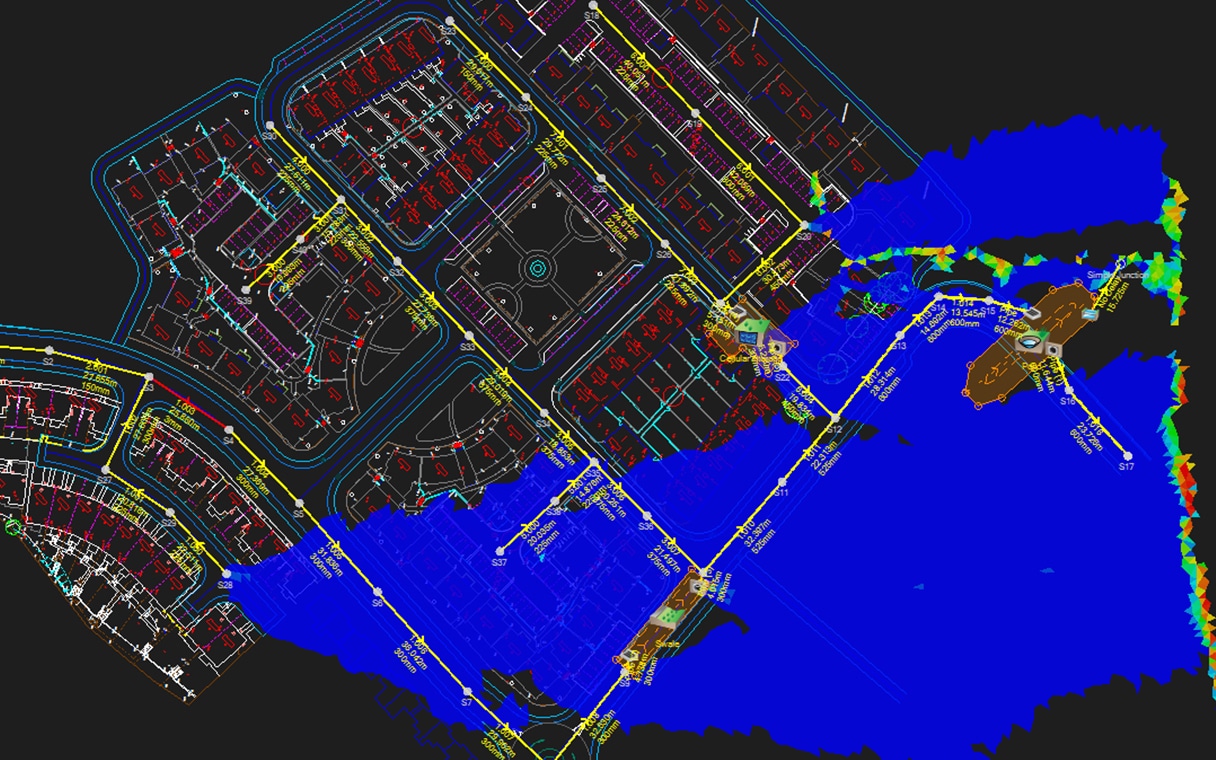
Design resilient infrastructure that mitigates flooding, meets regulatory requirements, and optimizes land use. Powerful integrations with BIM, CAD, and GIS tools drive efficiency, compliance, and control across the project lifecycle.
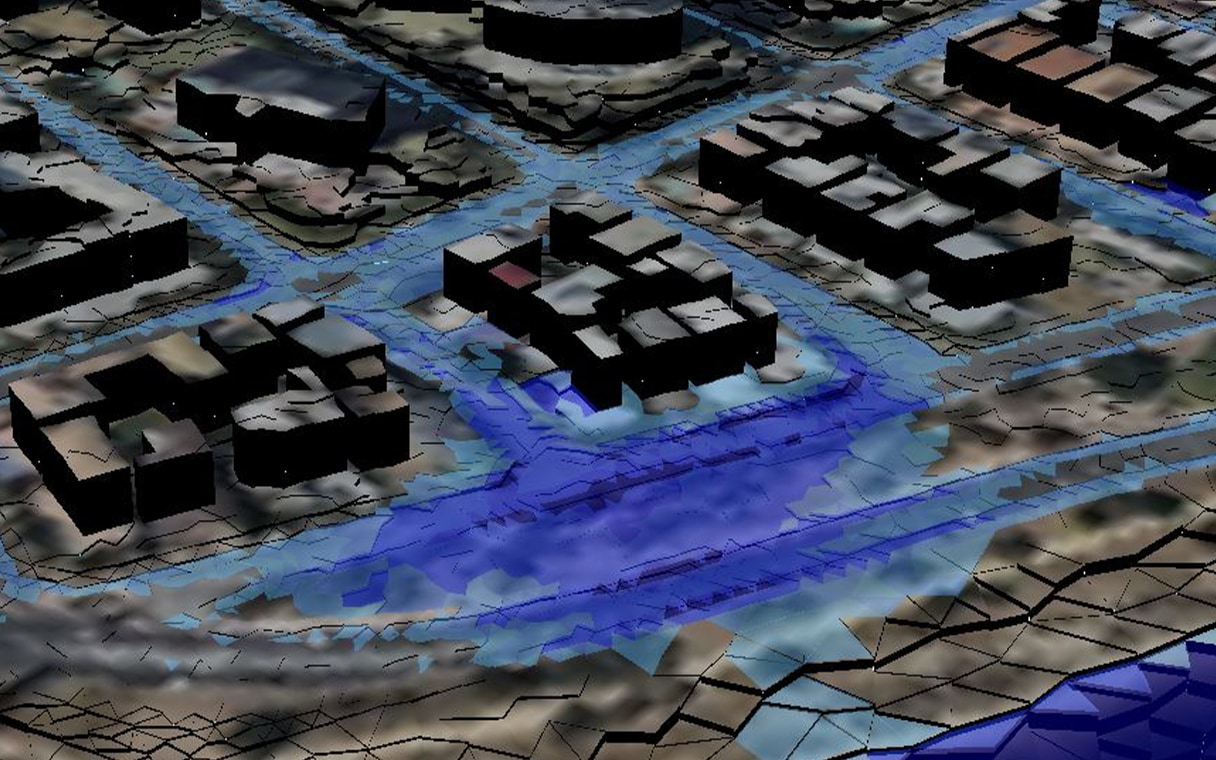
Build strong communities and protect the environment against extreme weather with integrated catchment modeling software. Model complex network elements quickly, accurately, and collaboratively for stormwater and wastewater networks and flood protection systems.
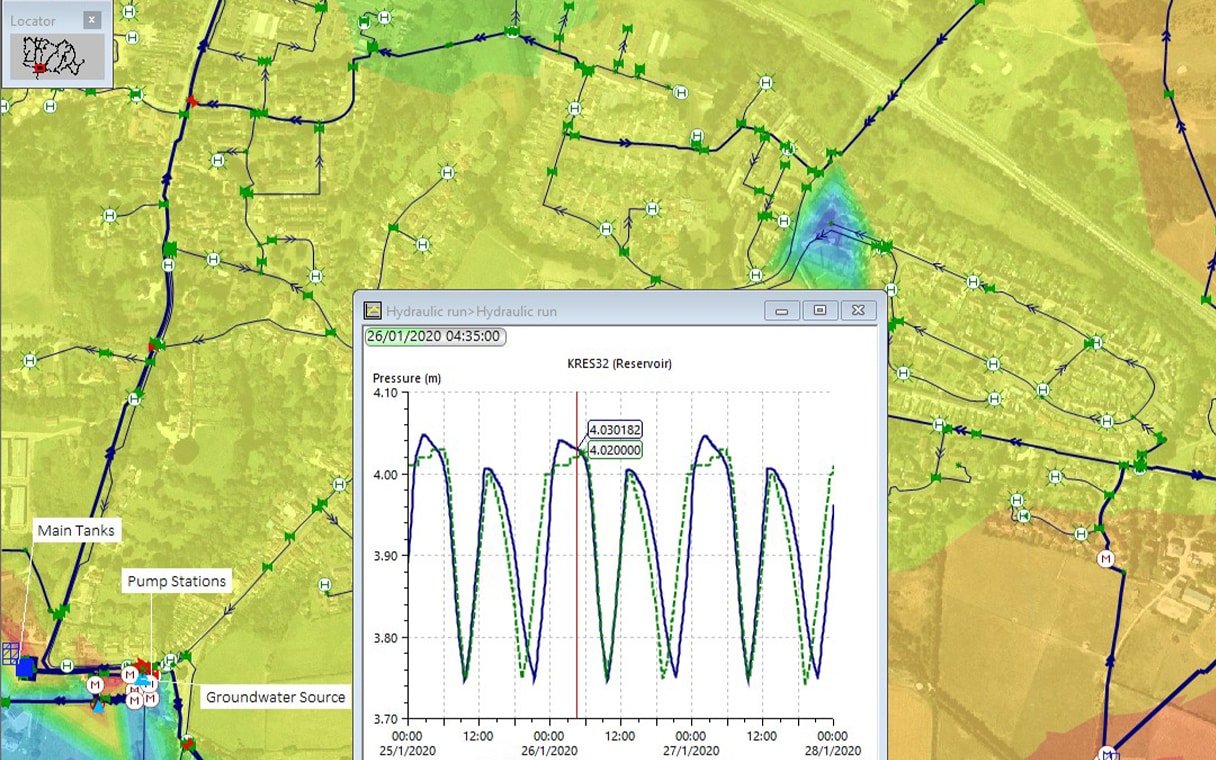
Improve service reliability and reduce operating costs with comprehensive water distribution modeling and analysis tools. Benefit from a wide range of capabilities from spatial analysis and visualization to scripting and automated model maintenance.
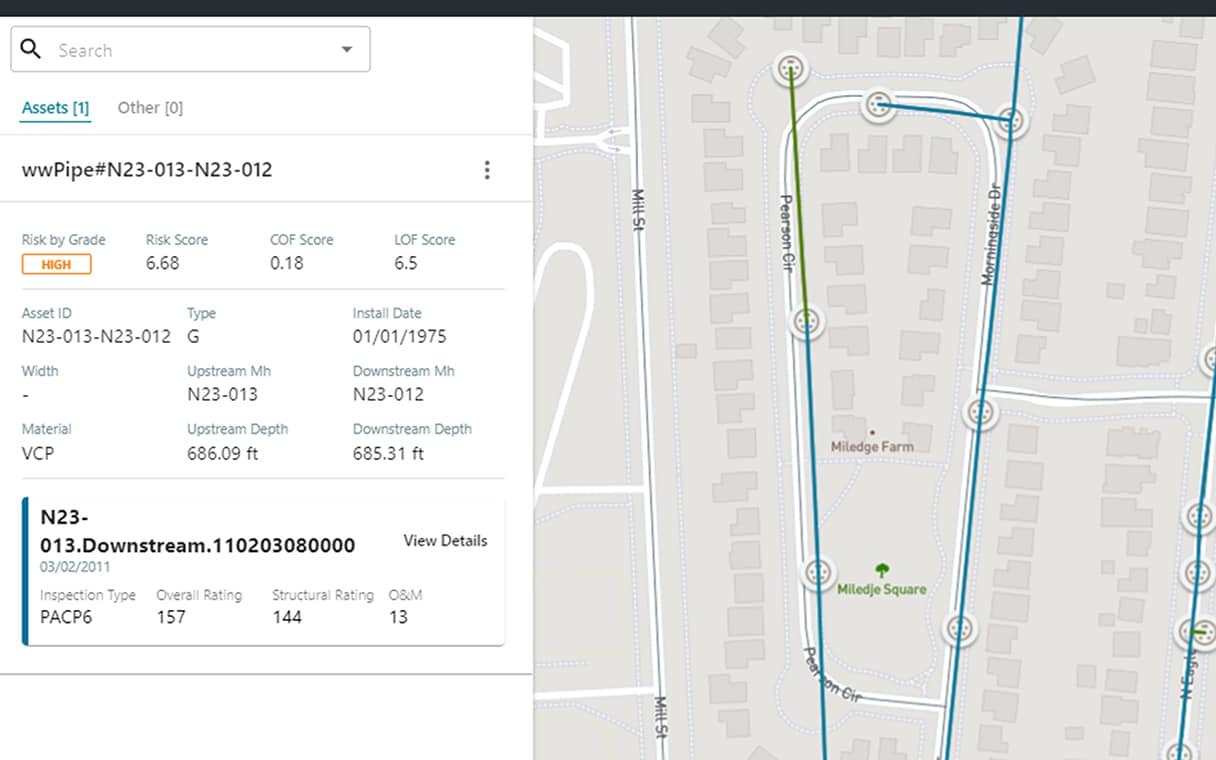
Reduce risk of asset failure and save capital improvement costs by proactively planning rehab and replacement projects. Use cloud-based tools to streamline asset inspections for asset capture, condition assessment, risk management and capital planning prioritization.
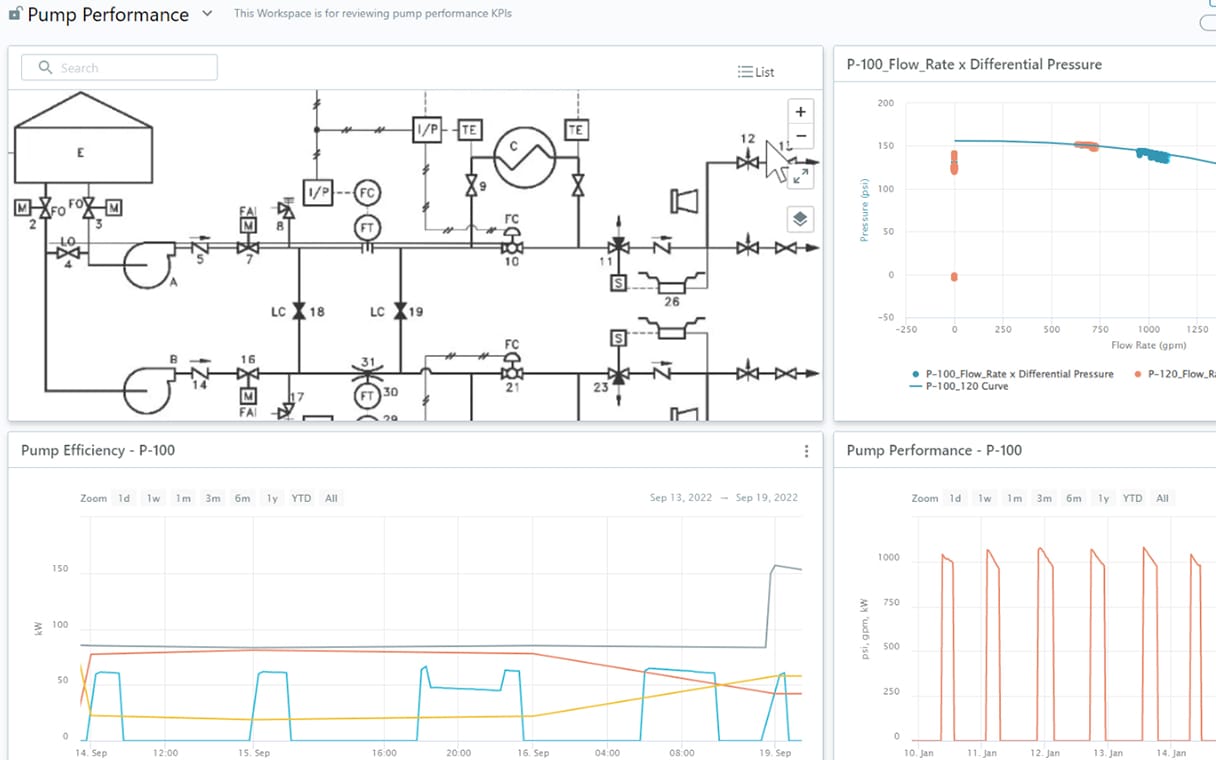
Improve operational efficiency and meet regulatory requirements with ease using real-time data analytics of network and plant performance. Use cloud solutions to extract actionable insights from SCADA and IoT data.
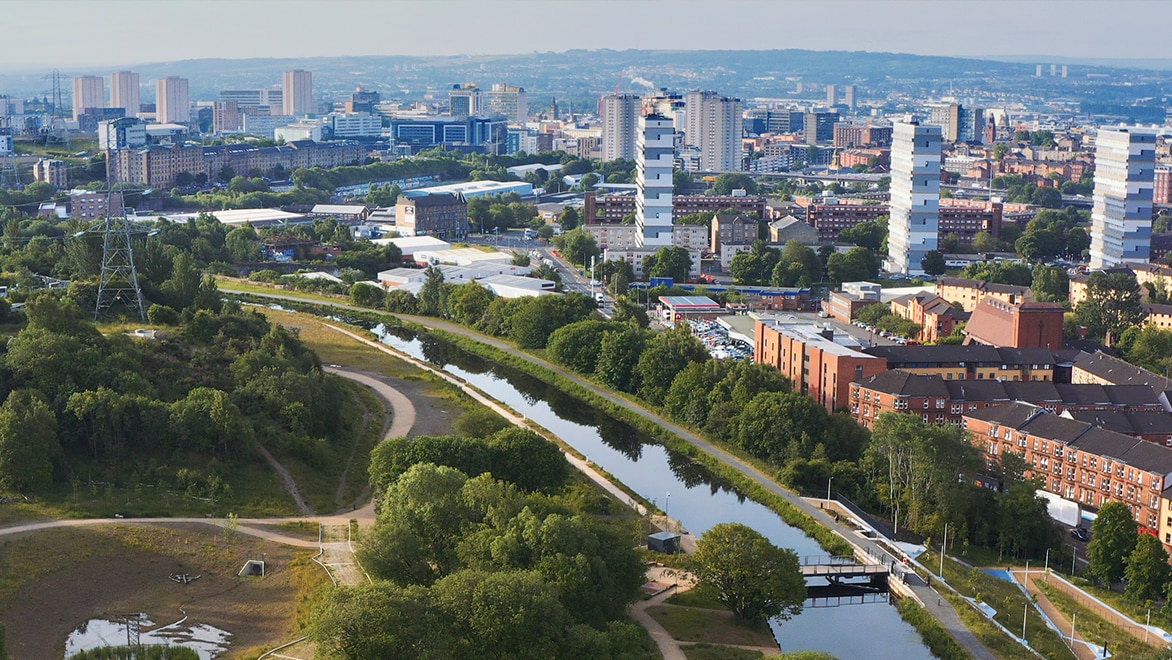
Scottish Canals created a digital twin of the North Glasgow water network using Autodesk software to build Europe’s first Smart Canal. Take a tour of the 38-mile-long canal to see how digital software has unlocked significant value for the community with high levels of sustainability.

Create sustainable and resilient drainage systems with advanced design and analysis tools built for efficiency.
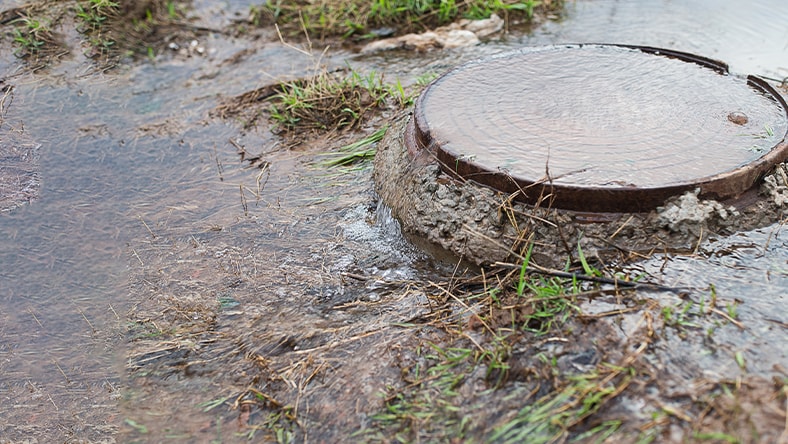
Use hydraulic modeling software to predict CSO incidents and reduce the community impact of heavy rainfall.
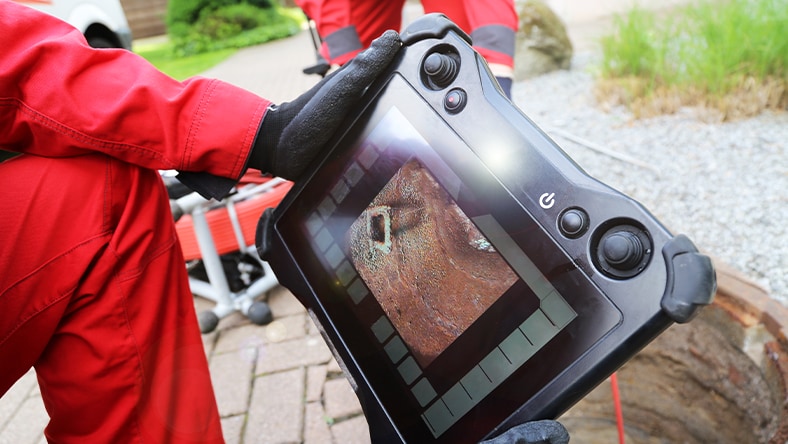
Turn inspection data into valuable information that helps you prioritize your plans and minimize system failures.

Utilities can use a wide range of data sources to make important business decisions with streamlined analytics.
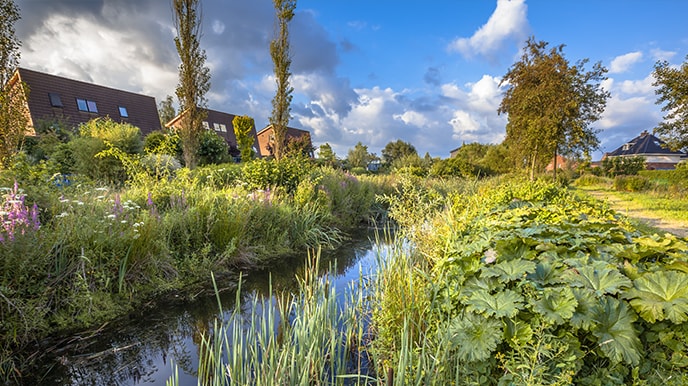
Explore the latest news, trends, and technology in the world of water. Whether you're a water industry professional or simply want to be inspired, the One Water Blog is your go-to source for relevant and engaging stories.
Discover how to use hydraulic modeling software to design, analyze, and simulate water distribution, stormwater, and wastewater systems.
Use cloud-based asset management software to streamline inspection workflows, evaluate water asset conditions, and assess risk and rehabilitation plans.
Learn how water and wastewater utilities can use digital twins to simulate events, improve operational performance, and streamline reporting

Find the modeling solution that is right for you and learn how to use its basic features with detailed learning content.

Explore webinar topics related to Autodesk's civil infrastructure solutions, including all relevant water topics.

Water professionals around the globe are reshaping the way infrastructure is planned, designed, operated, and maintained using Autodesk's digital solutions.
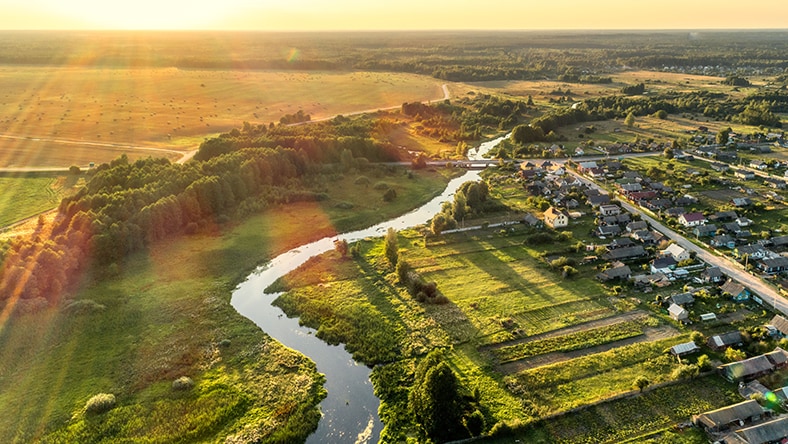
Follow along with our product roadmap for full transparency of our product vision and strategy for water software solutions.
Water professionals use detailed design software such as CAD, BIM, and GIS solutions; hydraulic modeling and process design tools for analysis and simulation of water networks; asset management software for improved capital planning; and operational analytics tools with artificial intelligence for informed decision-making.
Innovyze is a global leader in building industry-leading software for water and wastewater professionals around the world. Prior to joining Autodesk in early 2021, Innovyze had a 35-year record of pushing the industry toward more sustainable water stewardship. The company's modeling, simulation, and predictive analytics solutions enable more cost-effective and sustainably designed water distribution networks, water collection systems, water and wastewater treatment plants, and flood protection systems.
Together, Autodesk and Innovyze have made significant contributions toward shoring up a future where water is safe, accessible, and preserved for all with solutions that centralize infrastructure asset visibility to optimize capital and operational expenses.
Autodesk’s wide range of water solutions are used by water utilities, planners, engineers, project managers, and operators; federal and local municipalities; consulting firms and contractors; as well as site designers, developers, and landscape architects.
A hydraulic model is a mathematical model of a fluid flow system, such as a water, sewer, or storm system, used to analyze the system's behavior. A hydraulic model uses data, such as GIS, CAD, and as-builts to create a digital representation of the real-world system.
A hydrologic model is designed to estimate the amount of runoff or streamflow generated by rainfall. It represents the quantity of water generated from a specific land area or watershed. A hydrologic model aids in understanding, predicting, and managing water resources by capturing real-world data such as water flow and quality.
Cloud technology enables water and wastewater utilities to monitor, analyze, and optimize their operations and maintenance activities. Info360 is Autodesk’s cloud platform for the water industry. It provides the framework and shared services for applications that help water utilities of any size visualize and manage assets and operations today while predicting and preparing for future needs. As a result, utilities can deliver the highest possible service at the lowest possible cost.
Digital twins are virtual models of real-world systems that learn and adapt to changing circumstances. They are continuously updated by data and information. In the water industry, digital twins simulate the changing flows, levels, pressures, and controls in our water systems and tell us how well they are performing in the past, now, and in the future, reaching a level of sophistication where they can provide predictive recommendations to improved operational outcomes.
As a result, utilities are better able to manage flooding and overflows, reduce carbon, water leakage, energy, and chemical usage, optimize maintenance schedules, and rapidly respond to incidents.